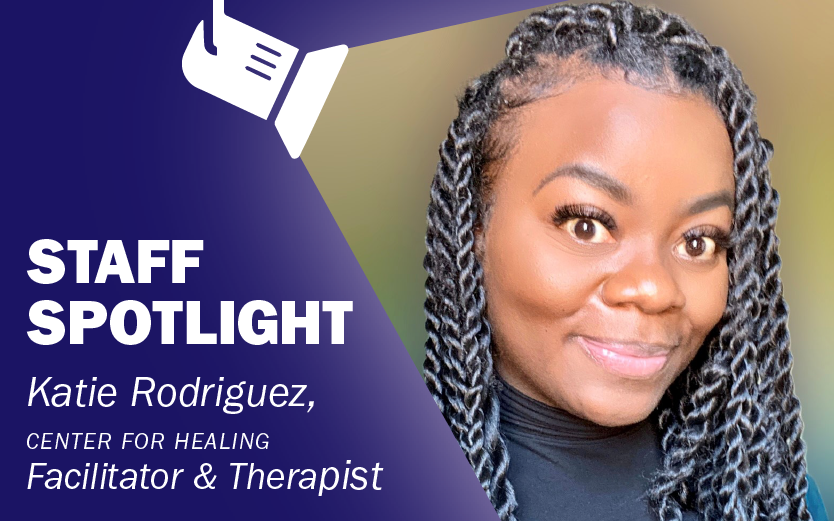
Where does your story start, in general and with JCCA?
I was born upstate and raised in the Bronx. My parents immigrated to U.S. from Central America when they were teens. For my first few years we lived in a housing project in the South Bronx, not far from JCCA’s Bronx office, where I now work. It took me some time to find my direction after high school. Aside from a couple retail positions, JCCA was my first real job. I could never have imagined how far things would progress in the nine years since.
Tell us about your first position.
I began as a Residential Youth Counselor on the Pleasantville campus. I was just a few years older than some of the youth in my cottage. Those were crazy days. I worked overnight shifts. Each morning I’d leave the cottage, take the train to Grand Central, go the class at Baruch College, and then head back home to the Bronx before doing it all over again. But the effort was worth it. I was putting what I learned in class into practice at work. I realized I’d found my professional direction.
What did you learn in those years about how to be an effective presence for clients going through really hard things?
I learned quickly that relationships are key. This work can be really hard––that’s no secret. My saving grace in challenging moments was having a relationship with the youth that we could both lean on. I let the youth take the lead. I tried to meet them where they are, not pull them to where I am. It’s the same in my current work as a therapist. A lot our clients have been from foster home to foster home, placement to placement, and are not ready to trust easily. I try to be transparent, present, and human. With time, they see that and appreciate it.
What has allowed your career to keep progressing?
I threw myself at every opportunity, and the opportunities kept coming. It wasn’t easy going to school, having internships, and maintaining my day job. But JCCA worked with me to figure it all out. They encouraged me to get my masters and reimbursed my tuition. Along the way I interned at Edenwald with boys on the autism spectrum. Then I went to the Center for Healing, working with clients who suffered sexual abuse. These experiences developed my clinical range.
Given how far you’ve come, you’ve ended up near where you began, in a South Bronx community that’s seen plenty of hardship.
Being from here helps me meet these young people where they are. Our clinicians increasingly represent the same communities as our clients. In my earlier years we’d sometimes get referrals from clients waiting to find a therapist of color. Such clients don’t have to wait anymore.
What’s your pitch to people considering a career in this field?
This is how you make change. It’s almost like parenting––you don’t always know until years later the impact you made. The results aren’t necessarily immediate, but you can shape someone for a lifetime.